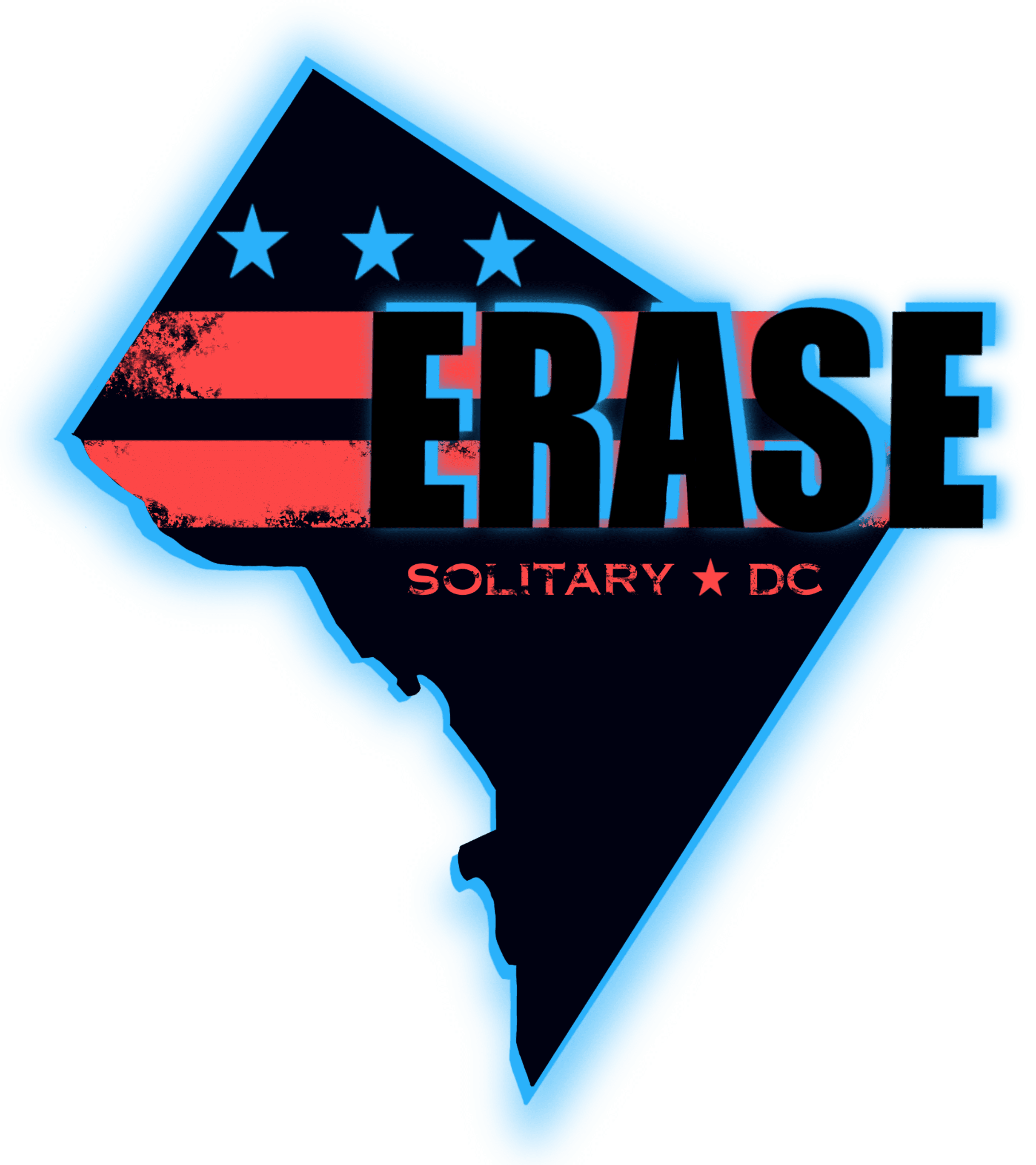INSIDE THE BILL
Our bill addresses solitary confinement in all its forms, addresses the need for oversight, and ensures that a proper implementation plan is set for 2023.
The ERASE Bill separates and defines isolation and confinement and makes clear when it is appropriate for the DOC to use each without engaging in prolonged solitary confinement. For example, suppose a person has a medical ailment requiring them to be on bed rest. In that case, they can be confined to one space without being isolated from meaningful interaction with other people. Conversely, someone with COVID-19 can be isolated without being confined to one space, meaning they can have time outside or out of their cell.
The ERASE Bill limits the use of safe cells, which are currently the solitary confinement cells used for isolating people experiencing a mental health crisis or suicidal ideations. The bill limits safe cells, by requiring that the DOC meet the mental health care standards deemed appropriate by the American College of Emergency Physician’s proposed Medical Bill of Rights for Detained and Incarcerated Persons While Receiving Emergency Medical Care. At the present moment, safe cells do not meet these standards. Therefore, if the DOC cannot meet these standards, the individual must be transferred to a medical facility where they can receive treatment.
Currently, the ERASE bill requires the DOC to produce a report on how they will transition all people currently in solitary confinement out of solitary within 180 days after the DC Council enacts the bill. And one year after the bill’s enactment, the DOC must report the number of people removed from solitary and where in the facility they were placed.
Proposed amendments will strengthen oversight and accountability for the continued use of isolation and confinement, plus better protect the people most vulnerable to solitary confinement’s physical and mental health effects: young people and people with mental illness.
